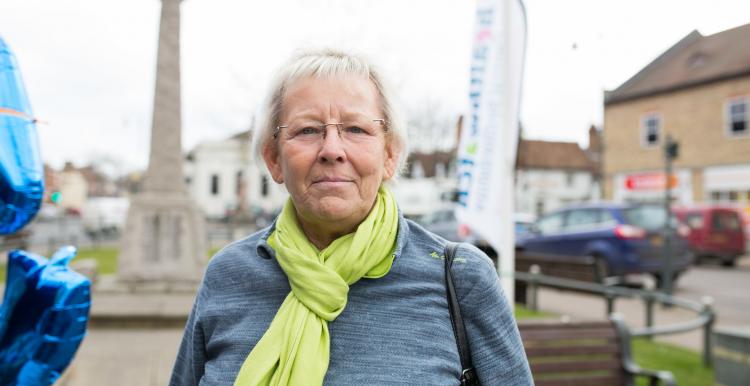Making a complaint about your GP

What you might want to complain about
You can make a complaint about any aspect of a GP’s care. Here are just some examples of when you might want to complain, but remember that you could complain about something a GP did or didn’t do, even if it isn’t on this list:
- not being able to get an appointment to see your GP. The government target is that you should be able to get an appointment for an urgent medical problem within 48 hours
- an incorrect diagnosis
- incorrect treatment
- problems with your GP out-of-hours service
- there’s been an unreasonable delay in diagnosis or treatment
- there’s been an unreasonable delay in telling you the results of tests
- your GP ignores important symptoms
- bad communication
- your GP doesn’t provide appropriate pain relief
- clinical negligence resulting in personal injury
- the behaviour of staff at your GP surgery
- consent issues. For example, you weren’t given information about the severe side effects of a certain medication so you weren’t able to make an informed choice about consenting to the treatment
- discrimination, for example, you’re not given proper treatment because of your disability. This is against the law
- lack of patient confidentiality. For example, the GP receptionist refuses to make you an appointment unless you tell them what is wrong with you. You’re concerned by this, because everyone else in the waiting room can hear
- errors in medical records, or loss of medical records
- a refusal (or an unreasonable delay) to provide information about your medical condition for things like a benefits or insurance claim, or when information is requested by the DVLA so you can drive again
- refusal to make an appropriate referral to a hospital
- delays in passing on information to other professionals
- refusing to prescribe you a drug that you need. But you can't complain if it’s a drug that the GP isn’t allowed to prescribe on the NHS, or if it's a drug which a GP may only prescribe in certain circumstances or for specific patient groups.
Before you submit your complaint
Before you submit your formal complaint to your GP, it is important that you know your GP’s Complaints Policy. You may be able to find the Complaints Policy on the practice website. If you cannot find the policy online, you should call reception and ask them to send it to you.
The complaints policy will include important information about what to expect with this complaint, including:
-
Who you should send your formal complaint to.
-
When you can expect a response.
-
What action will be taken.
-
What to do if you are unhappy with the response from the surgery.
Other ways you can share your experience
You may want to try resolving your issue directly with the Practice Manager before you submit a complaint. Sometimes, speaking to the Practice Manager can be helpful.
You can also leave feedback about the health and care provider online. Your review will be available publicly for other people to see. You can review your health and care provider:
- on the CQC website: https://give-feedback-on-care.service.cqc.org.uk/search/find-a-service
- on the NHS website: https://www.nhs.uk/service-search
If you cannot resolve your complaint locally
If you have a complaint about a GP, dentist, pharmacist or optician that cannot be resolved locally with the practice manager or pharmacist, you should contact NHS England.
Tel: 0300 311 2233 (free national number)
Email: England.contactus@nhs.net
More information
We know that making a complaint about NHS or social care services can be confusing. We've worked with Citizens Advice to provide you with the information you need to make a complaint when things go wrong.

